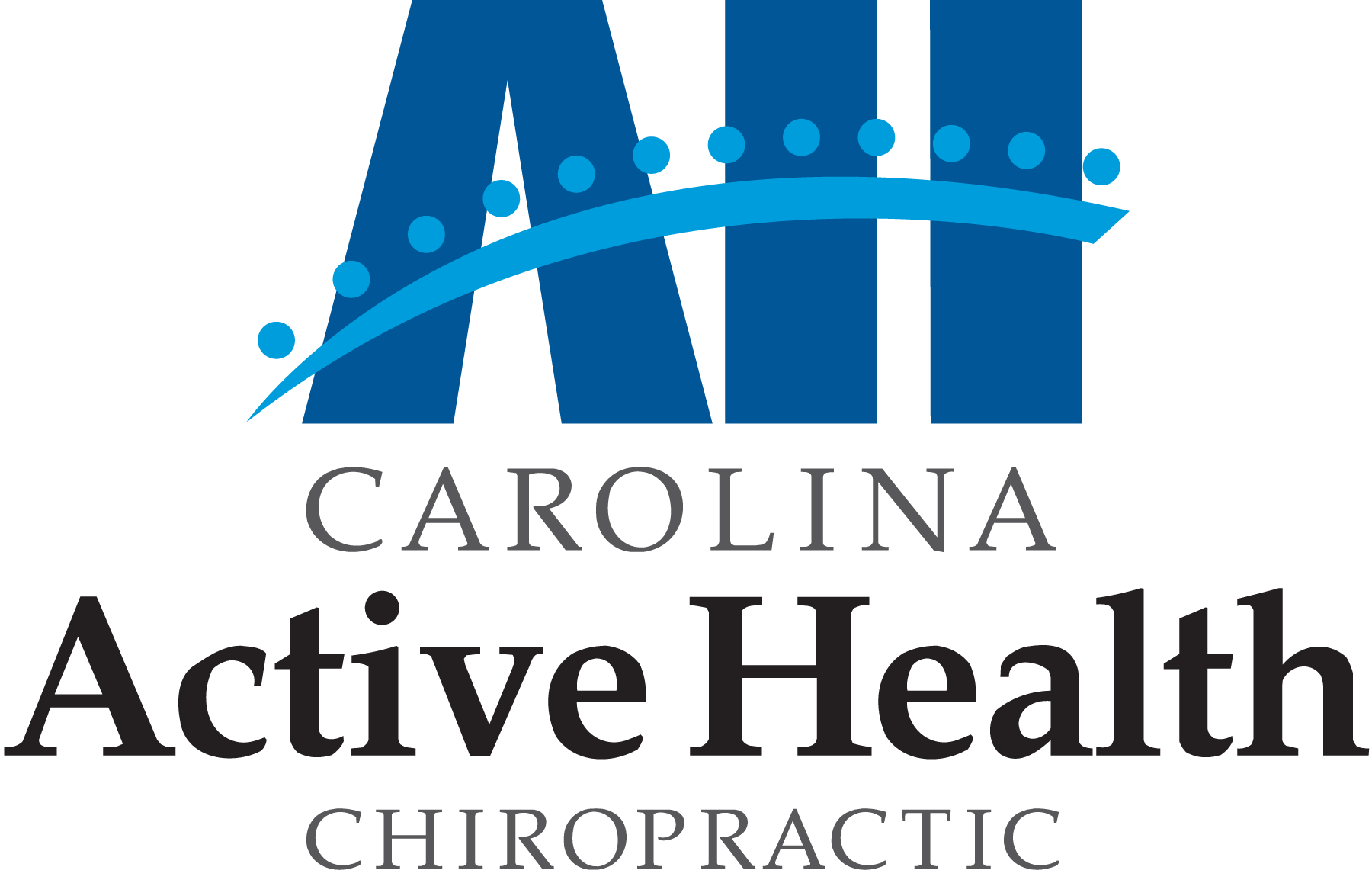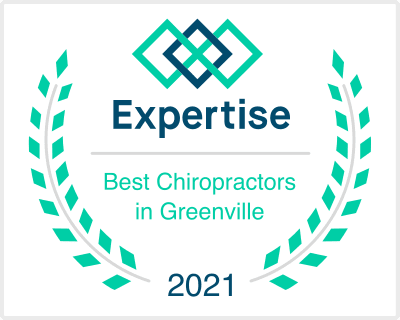
Nutrition for Every Body
Nutrition is a science and an art. One of the most rewarding, and yet challenging aspects of being a dietitian involves nutrition education. I have been involved in nutrition and fitness for close to 10 years and one thing is certain: people are confused! Part of this stems from the lack of appreciation for nutrition as a science. Celebrities, internet gurus, and self-described nutrition coaches fail to appreciate that human nutrition is rooted in basic sciences like chemistry and biology. My training involved entire semesters devoted to bio-organic chemistry, biology, anatomy and physiology and biochemistry. At the time I failed to appreciate having to learn and memorize the Kreb’s cycle and the electron transport chain (oxidative phosphorylation), but this is the foundation of human metabolism. The sole purpose of eating is to provide electrons for the electron transport chain, and by this, the body can produce energy for work. It’s incredibly complex, and yet eloquent.
Nutrition is equally an art because many times it’s not about what you eat, but when, how much and why. Context has everything to do with it. People have trouble with gray areas and prefer nutrition to be simply black and white, or good vs bad. We term this binary thinking. They may ask, “is a banana good for you? I heard it’s high in sugar.” “What about white potatoes? Those are bad, right?” Fortunately, and unfortunately food is neither good nor bad, right or wrong. Food is not even healthy vs unhealthy (although I do distinguish between food and ultra-processed foods). “Healthy” food is actually a bit of a misnomer because if you eat too much of a “good” food, that could produce undesirable health effects. Likewise, eating a very small dose of “bad” food won’t likely cause harm. Kale is considered a powerhouse in the world of nutrition, and rightly so, but if you only ate kale all day, every day, that would be unhealthy. Furthermore, collard greens might provide comparable nutritional benefits, while being cheaper than its famous cousin. Bananas are a great source of quick energy (carbohydrates), which turns to glucose, which then can be burned for fuel. It’s an excellent choice for a cyclist, for example, who needs that quick burning fuel. Or maybe you just love banana’s, in which case a medium sized banana provides around 100 calories and 27 grams of quick-burning fuel in the form of carbohydrates. Context provides some answers.
People would do well to understand that nutrition is complex and our reasons for eating are even more complex. Consider the fact that most of our eating habits occur without conscious effort. We’re a culture of mindless eaters, making uninformed decisions daily around eating. When I work with clients, I first seek to understand their goals, preferences, health needs and then I work to deconstruct unhelpful belief systems around food. Deconstructing takes effort and time, but it’s worth it because eventually what we end up with is eating habits that work for that individual. The client begins to understand that their body is unique and what works for others, will not work for them. There is no one-size-fits-all diet that works for two people alike. Once they realize this, then we approach nutrition with a whole new set of eyes. It’s liberating for the client to finally be able to discover strategies that truly work for them, and if I do my job, they’ll never again go back to dieting because they will have found the tools that work for life.
If you are serious about getting healthy, I encourage you to invest in yourself by working with a registered dietitian who can help you navigate some of your most complex health challenges. As a dietitian, I am biased—sure, but I believe investment will produce a major return on investment that will pay if forward for life. If you don’t make time for your health now, you’ll be forced to make time for it later. Let’s work to promote health and wellness, rather than disease management. You’re worth it!
By Christy Strouse, RD




